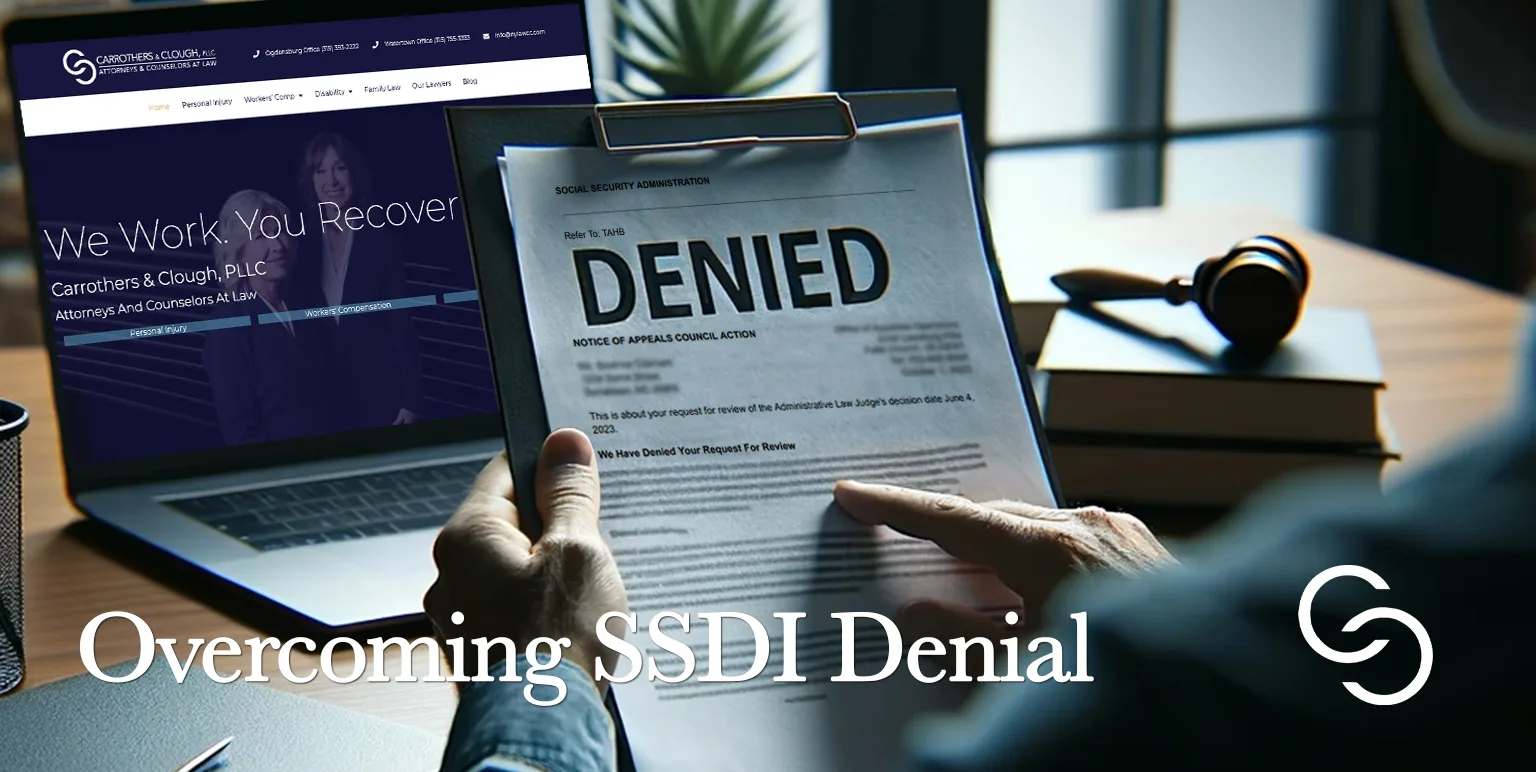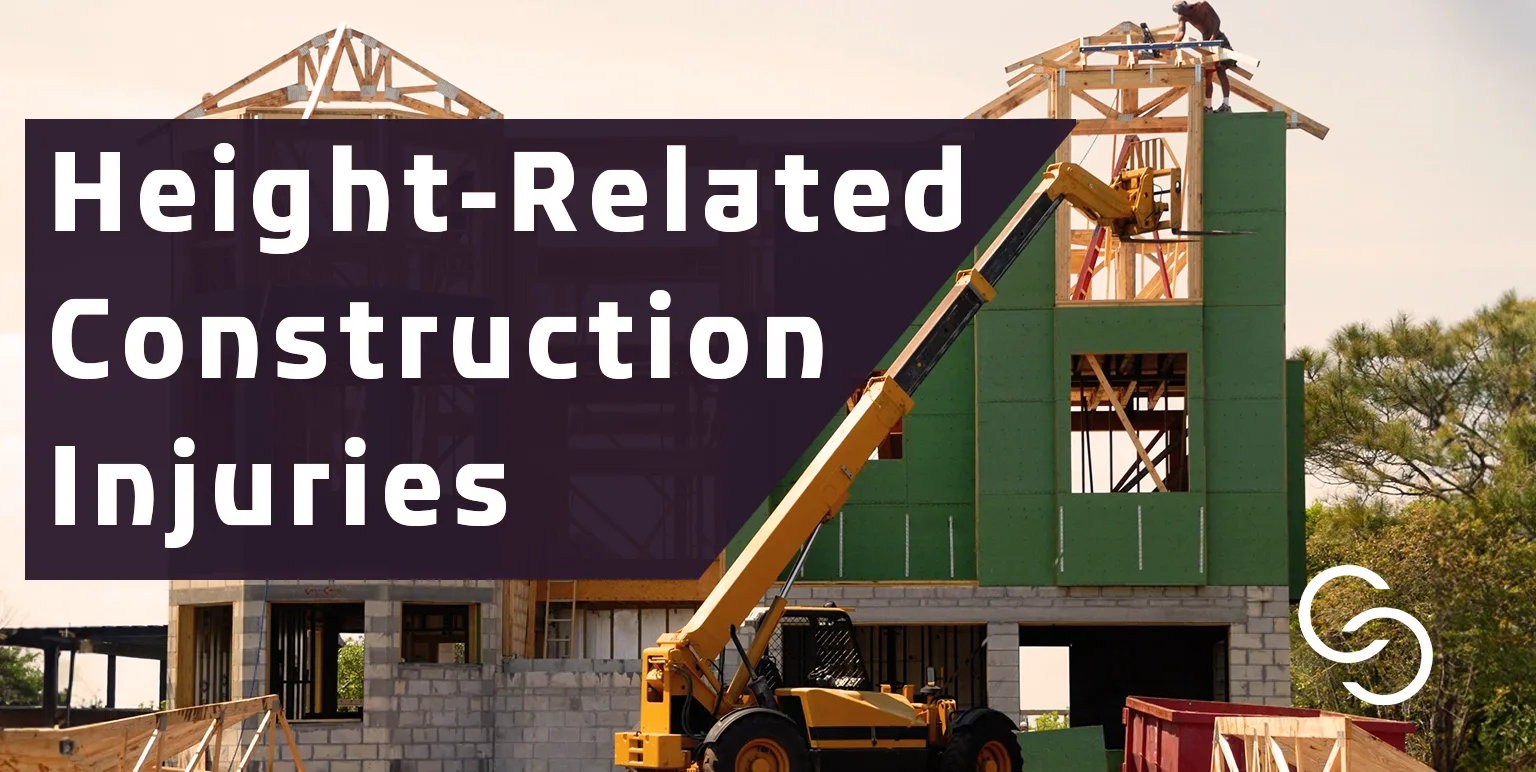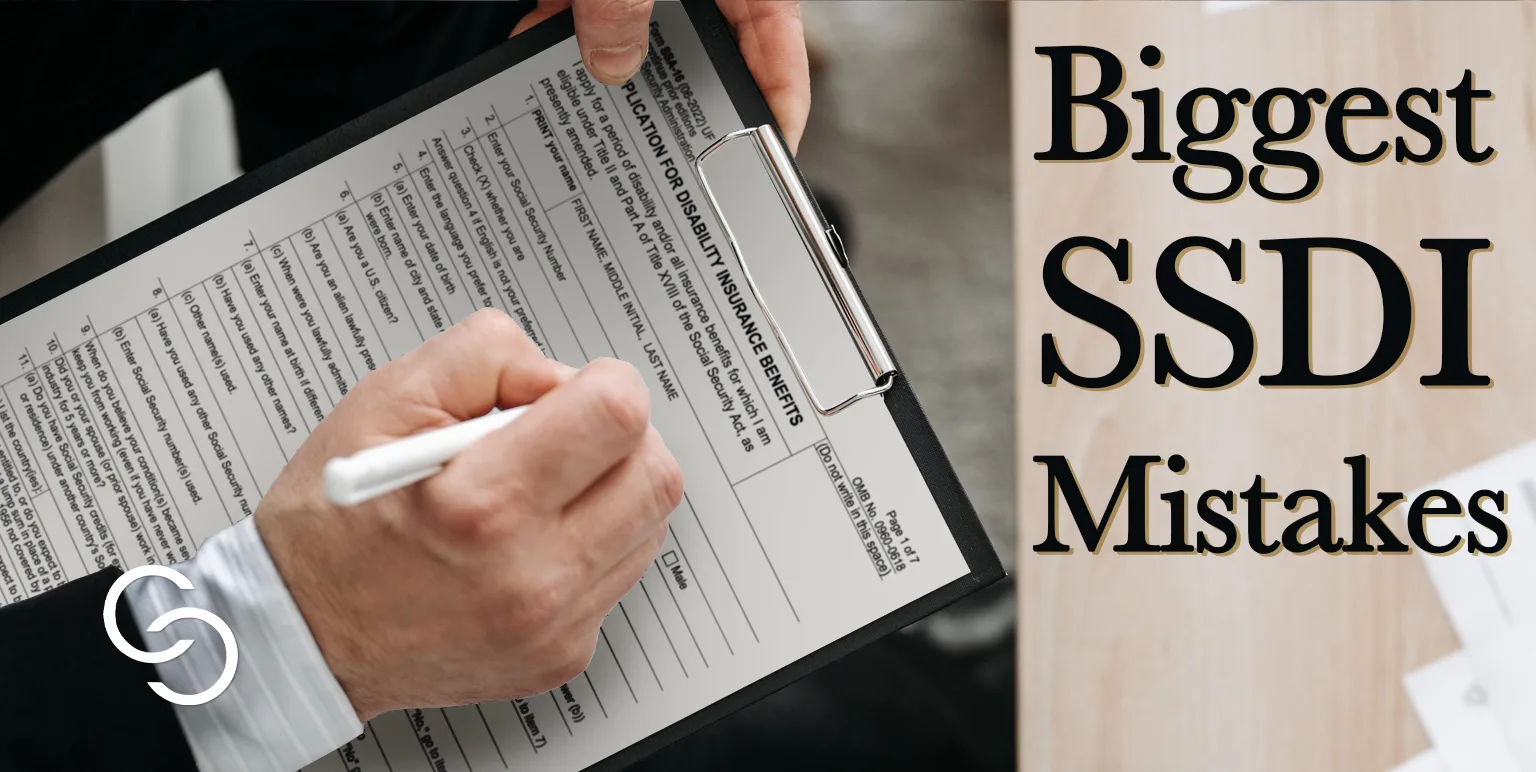What is Social Security Disability Insurance (SSDI)? Social Security Disability Insurance is a monthly benefit you receive if you become totally disabled before you age into regular Social Security retirement.
In order to qualify to receive SSDI benefits, you must have worked a certain amount of years (minimum credit requirement-which varies depending on your age at the time you became disabled) and you must have a severe disability that completely incapacitates you from substantial gainful activity (SGA) for at least one (1) year.
If you don’t meet the minimum credit requirement (ie. You haven’t worked enough years) when you became disabled, you may still qualify for Supplemental Security Income (SSI) if you have low and/or no income and minimal assets. The minimum credits requirement is calculated by the Social Security Administration at the inception of your claim and is based on your federal income (FICA) taxes. This determination is usually quick.
After meeting the minimum credit requirement, you must also prove to the Social Security Administration that you have a severe and permanent total disability. The burden is on You, the claimant, to present evidence that a physical or mental condition, or combination of these two, satisfies this requirement. Unlike other administrative bodies, the SSA will look at your global health picture when making its determination.
If you are currently working and making over $1,180.00 per month (as of 2018), the Administration will determine that you are substantially and gainfully employed and you will be denied benefits.
Alternatively, you may get a favorable determination and start receiving benefits; however, keep in mind that in 2016, only 32% of SSD applicants were awarded SSD benefits (See Social Security Disabled Worker Statistics).
If you receive an UNFAVORABLE determination, what is your next step? You must request a hearing. The rules are very clear that you have sixty (60) days to request a hearing running from the date on the Notice of Disapproved Claim. If you miss this time-limit you must start from scratch.
After a hearing is a request, you wait and wait and wait. This is a SLOW process. Very rarely will you be able to speed it up. Currently, it is taking almost two years to get a hearing. During this period you keep submitting medical and you keep treating. That is very important.
Once you arrive at the hearing stage, an Administrative Law Judge will evaluate your claim using a five-step process that looks at your functional limitations, age and your ability to engage in work activity. Finally, a decision will be rendered at which time, depending on the success or failure of the outcome you will have to make a decision whether to proceed forward or close your case.
It is very important to hire a local and qualified Social Security Attorney that is knowledgeable of the system and familiar with the doctors. Assistance from a trained professional at the start of your claim could save you years of needless wait and frustration.






